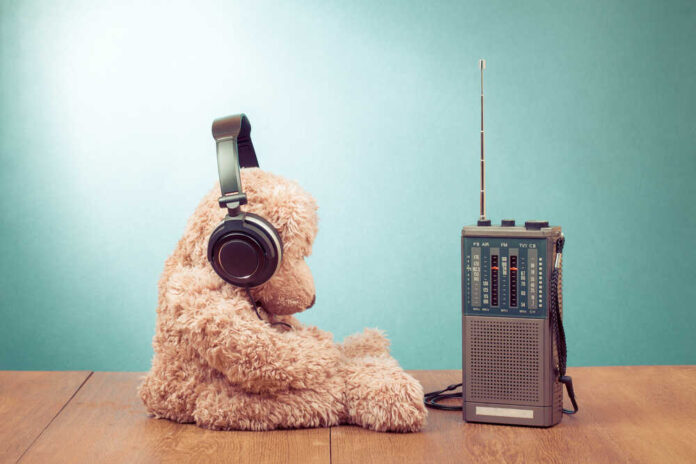
Music has the power to evoke a wide range of intense emotions. It connects with our emotions in a way that few other things can.
Sad songs, in particular, have the ability to move us in profound ways. We are often drawn to them when we are feeling down.
Yet, instead of amplifying our sadness, listening to sad music actually seems to provide a sense of comfort and even make us feel better.
How Sad Music May Help People With Depression
People living with major depressive disorder (MDD) tend to prefer listening to sad music.
That’s probably quite obvious—sad people like sad songs. However, the motivation for this may be less obvious.
In one recent study, participants with MDD were asked about the reason for their preference for sad music. The participants reported that, rather than perpetuating their sadness, they chose sad music because it was low in energy levels and relaxing.
This may suggest that listening to sad music may have a calming effect, which could help people with depression cope with their symptoms.
The Rewarding Aspects of Music-Evoked Sadness
Despite sadness being an emotion that is typically avoided in everyday life, people often seek and appreciate it in music.
A 2014 study exploring listeners’ experience of music-evoked sadness found that there are four primary rewards of music-evoked sadness:
- Stimulating imagination: Sad music can stimulate the imagination and create a vivid emotional experience. The combination of the music and lyrics can take the listener on an emotional journey, allowing them to feel and imagine things they may not be able to experience otherwise.
- Regulating emotions: Listening to sad music can help regulate negative emotions, providing an opportunity to process and work through difficult feelings.
- Encouraging empathy: Sad music can help people feel more connected to others by encouraging empathy and understanding.
- No “real-life” implications: One of the unique aspects of music is that it allows us to experience emotions without any real-life implications. Sad music can provide a safe space to experience sadness without the need to worry about the real-world consequences of those emotions.
These rewards were found to be greater among individuals with high empathy and low emotional stability.
Additionally, nostalgia was found to be the most frequent emotion evoked by sad music, and memory was rated as the most important principle through which sadness is evoked.
How Music Therapy Can Help
Music therapy is a non-invasive form of treatment that uses music to help people with a variety of mental health conditions, including depression.
A 2017 meta-analysis found that music therapy provides short-term beneficial effects for people with depression, particularly when added to treatment as usual.
The benefits of music therapy for depression include improving depressive symptoms, decreasing anxiety levels, and improving overall functioning. Music therapy can help people express emotions, develop coping strategies, and improve social skills.
Sad Songs Make Us Feel Better
There is still much we don’t know about the psychology behind why sad music can make us feel better, but what we do know is that it’s a complex and multifaceted experience.
So, the next time you find yourself listening to a sad song, don’t worry too much about why you’re drawn to it. Embrace the experience, and know that it’s a natural and healthy way to cope with difficult emotions.






















